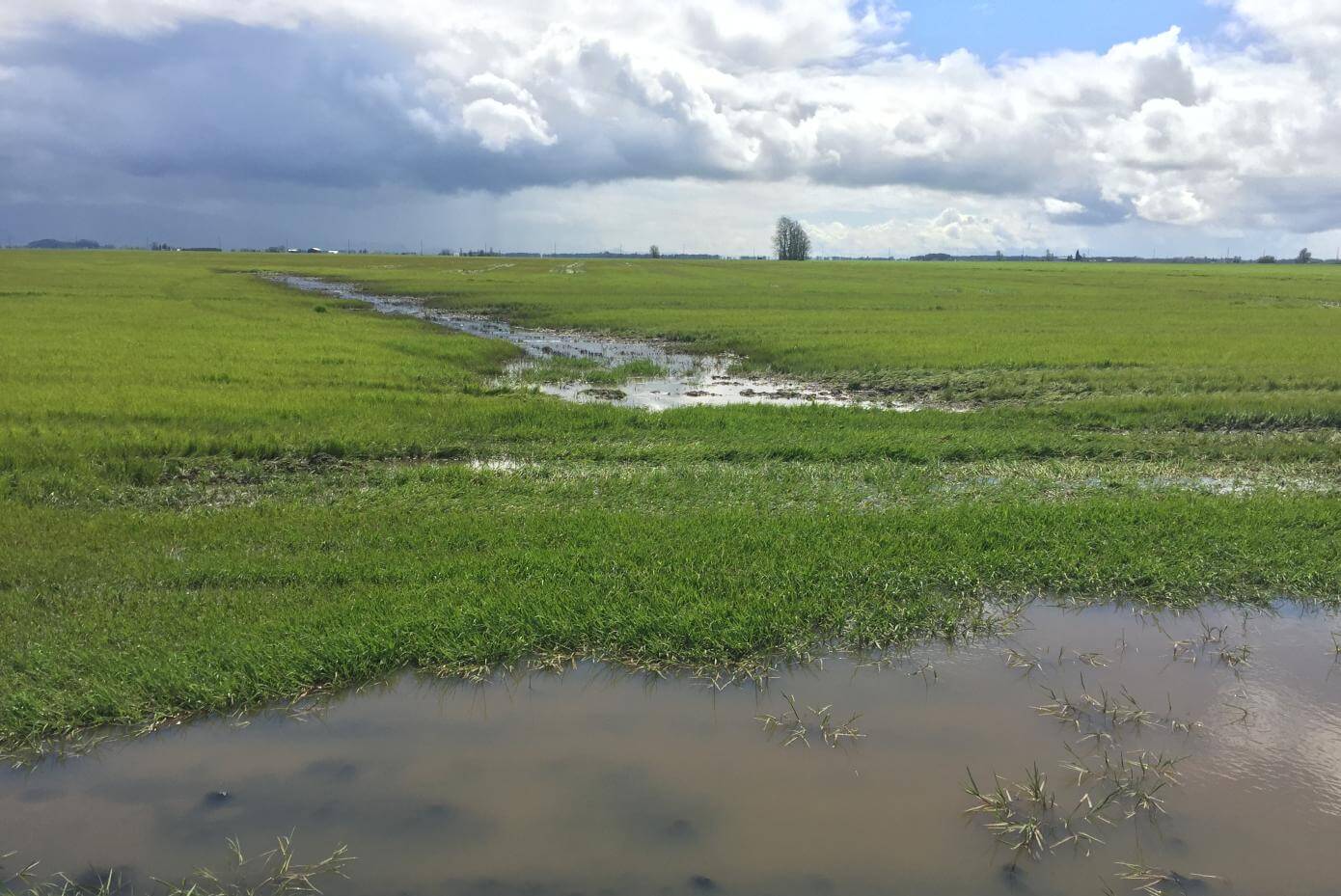A Very Wet Willamette (say that ten times fast)
Wet and cool are two words that continue to characterize the Willamette Valley’s spring weather. According to the Albany Democrat-herald, the Valley has received 51 inches of precipitation since October first, making it the 3rd wettest on record. That’s 18 inches above normal. Over 12 inches in February and 8 inches in March have made it more than challenging for seed farmers to get on their land.
New plantings, as well as fertilizer, pest control and chemical application have been adversely affected. The growth of the crops are also slowed by the cooler weather. The Capital Press reports that crop development may be almost a whole month behind 2015 and 2016 when counting degree days, but still fairly close to the 30-year average.
So what does all this mean for the 2017 seed crop? Visit any local coffee shop and you will find as many answers as patrons. Some things we do know.
- Unless we have some warmer than normal temperatures, harvest on most crops will be later. The new crop cleaning and shipping of those crops that have little carryover - including annual ryegrass, orchardgrass, and some tall fescues – is setting up to be a real pressure cooker.
- Perennial ryegrasses are typically planted on better ground and sometimes does better under cool wet weather, whereas annual ryegrasses may suffer under saturation as they are normally planted on poorer ground.
- Tall fescues and orchardgrasses don’t seem to be as sensitive to spring weather, but the springtime is a typical planting season. If fields are not planted this Spring, it may mean less acres in 2018.
- White clovers are more tolerant of saturated soils, while red clovers are a bit more sensitive. Both would prefer dry feet.
- Some brassicas, like radish, may see reduced yields if intended acres don’t get planted early enough.
- Weeds and undesirable crops that favor cool wet weather—poa annual and poa trivialis to name a couple—may also provide additional challenges to seed processors.
While we have no say over the weather, we are hoping for a bit more heat and a little less moisture in the coming months.
